Activity Based Therapy (ABT)
Activity-based therapy (ABT) is a type of rehabilitation therapy that uses activity-specific training and exercise to improve motor function, increase independence, and enhance overall quality of life for individuals living with paralysis. ABT is a highly effective treatment approach that has a range of benefits for the paralysis community.
Community Engagement
ABT programs often involve group exercise classes and activities, which can provide a sense of community and social engagement. This can be particularly beneficial for individuals with paralysis who may feel isolated or disconnected from others. Group activities can also provide a supportive environment for individuals to share their experiences, challenges, and successes.
- Sense of comradery and belonging
- Connect with others to share experiences
- Practical and emotional support
Enhanced Overall Quality of Life
By improving physical function and increasing independence, individuals with paralysis can engage in activities that they previously may not have been able to. This can lead to increased participation in work, school, and other activities, as well as enhanced overall quality of life.
- Improve physical function
- Reduce the risk of secondary health conditions
- Improve mental health
- Sense of community
Increased Strength & Mobility
Through activity-specific training and exercise, individuals can target specific muscle groups and increase their overall strength and range of motion.
- Improved motor function
- Increased independence
- Enhanced quality of life
Improved Mental Health
Living with paralysis can be challenging both physically and emotionally. Exercise releases endorphins, which are natural mood boosters, and can improve overall mental health and well-being.
- Increase self-esteem
- Reduced anxiety and depression
- Provides a sense of purpose and accomplishment
Reduced Risk of Secondary Health Conditions
Individuals with paralysis are at a higher risk of developing secondary health complications such as pressure sores, urinary tract infections, and respiratory infections. ABT can help reduce the risk of these complications by improving circulation, reducing pressure on vulnerable areas, and strengthening muscles that support the body.
- Prevents onset of type 2 diabetes
- Improved cholesterol
- Reduced respiratory infections
Activity-based therapy is a highly effective rehabilitation therapy for individuals living with paralysis. By investing in activity-based therapy programs, we can improve the health and well-being of individuals with paralysis and enhance their overall quality of life.
Take the Next Step Toward Recovery
Whether you’re just beginning your journey or looking for new ways to push forward, NeuAbility is here to help. Contact us today or explore our programs to see how we can support your path to greater independence, strength, and community.
Like this article? Spread the word!
Related Posts
May 9, 2025
Physiological Barriers to Spinal Cord Injury Recovery: Challenges and Research Directions
Explore the physiological barriers that impact spinal cord injury recovery, including…
May 9, 2025
6 Powerful Ways to Boost Neuroplasticity for Brain Recovery and Function
Explore six proven ways to enhance neuroplasticity—including exercise, brain stimulation,…
May 9, 2025
The Benefits of Functional Electric Stimulation (FES) for Individuals with Paralysis
Learn how Functional Electric Stimulation (FES) helps individuals with paralysis by…





